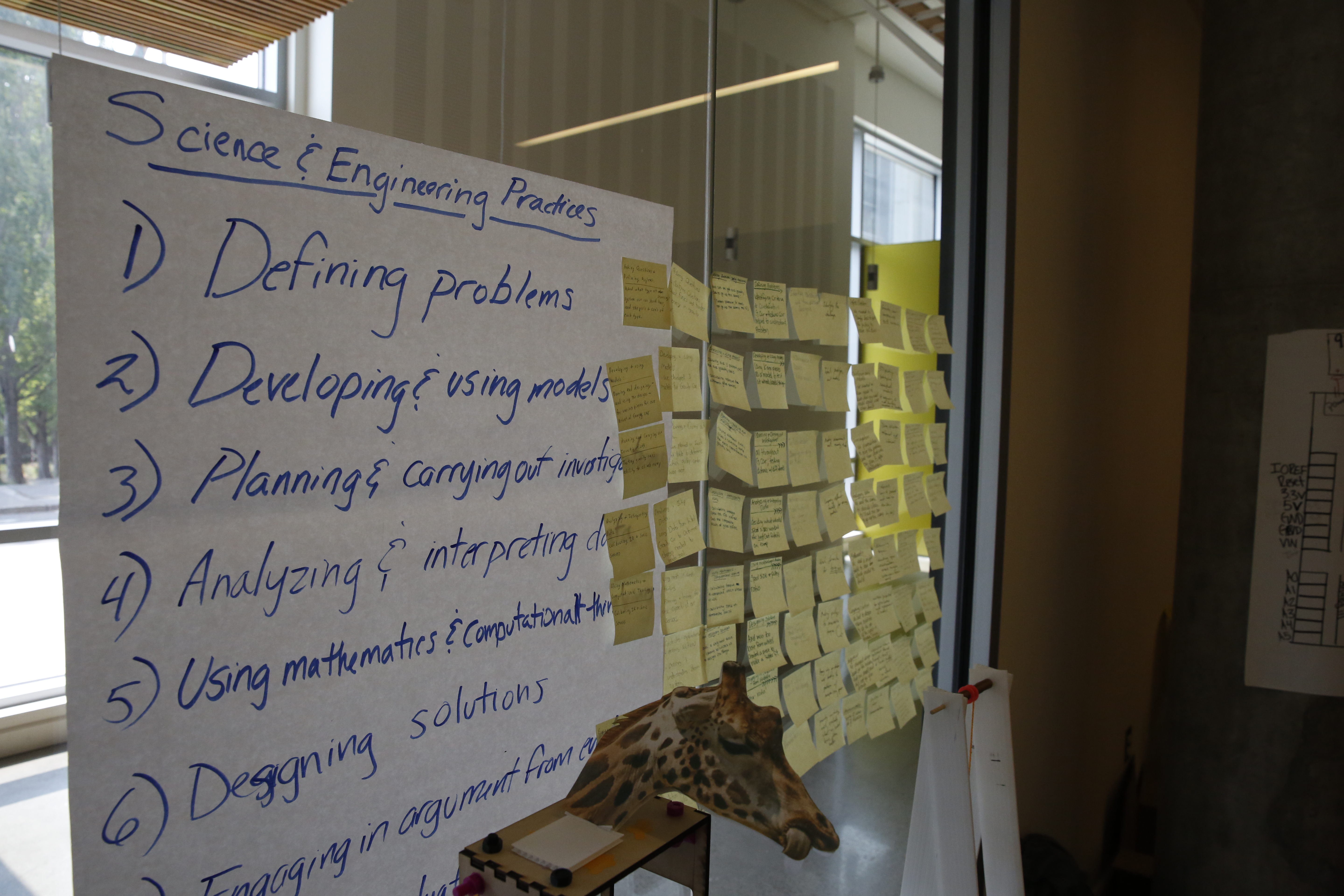Next-Gen Bio Learning Network
As part of an NSF Research Coordination Networks in Undergraduate Biology Education (RCN-UBE) project, a network of biology educators from community colleges and scientists from Washington state engage in professional learning experiences with the following goals:
- Increase community college students’ awareness and learning of biological data literacy skills and quantitative biology research methods in intro biology courses;
- Expand community college faculty knowledge of contemporary biology methods and consequently enhance their confidence to teach biological data literacy skills and quantitative biology research methods; and
- Promote faculty and scientists’ awareness and agency in regards to diversity, equity, and inclusion (DEI) issues – specifically those issues that impact students’ awareness and learning of biological data literacy skills and quantitative biology research methods.
As part of the program participants attend 8 professional learning workshops:
- Workshops engage participants in exploring next-gen biology techniques by working with the biologists doing the work
- Additionally, workshop participants explore diversity, equity, and inclusion issues related to next-gen biology
- Participants spend ~20 hours learning together during the school year (1 in person event, and 7 virtual meetings)
Participants with interest and availability work during the summer to develop curriculum adaptations to engage and inspire students in remote/hybrid/in-person settings.
WE ARE CURRENTLY RECRUITING FOR THE 2023-24 COHORT
To join, please email Jen Eklund, jen.eklund@isbscience.org, a copy of your CV or a link to your LinkedIn profile. In the body of the email explain briefly why you would like to be part of this project and which courses you teach (if you are faculty) or a brief description of your research (if you are a scientist).
Developed by the network:
- Classroom activities – The network has built a series of activities designed to be implemented in the biology majors series.
- Videos – To meet the needs of students, the network created a short video about systems biology and a short video about math in biology.
This work is supported by the National Science Foundation under Grant No. 2019088 and 2217348. Any opinions, findings, and conclusions or recommendations expressed in this material are those of the author(s) and do not necessarily reflect the views of the National Science Foundation.
From Others:
- Microbiome course – the network used this course to support our professional learning
- Vision and Change
- BioSkills Framework
- Culturally Responsive Teaching and the Brain by Zaretta Hammond



